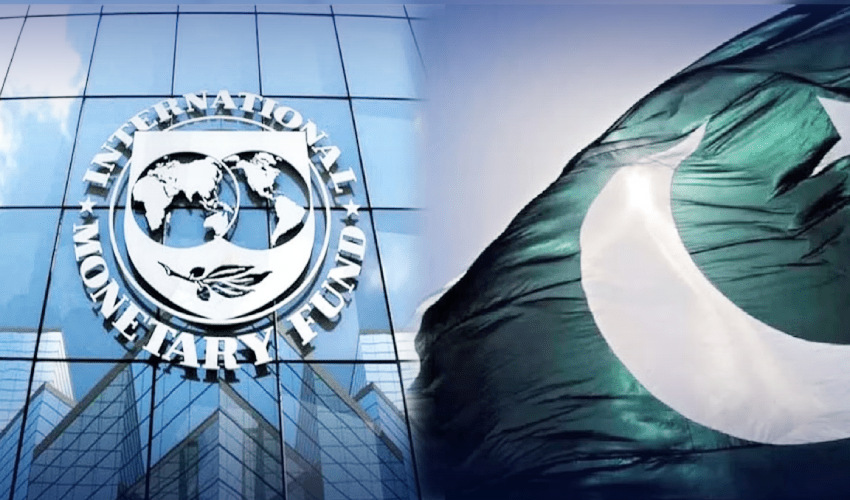ISLAMABAD – After the Executive Board of the International Monetary Fund (IMF) discussed the matter, Antoinette Sayeh, Deputy Managing Director and Chair urged the country to take advantage of the hard-won stability by implementing sound macroeconomic policies and structural reforms to foster stronger, inclusive, and sustainable growth.
According to Capital Calling, an Islamabad-based think tank, the country has received an immediate disbursement of SDR 828 million (around $1.1 billion). This brings the total disbursements under the arrangement to SDR 2.250 billion (about $3 billion), which is an encouraging development.
However, Capital Calling also highlighted that multinational cigarette companies are seemingly unhappy with the country’s hard-won stability. The think tank suggested that taxes on non-essential items such as cigarettes should be brought in line with international standards. Currently, the country’s cigarette taxes are the lowest in the region, making it an attractive market for these companies.
The parameters set by the World Health Organization (WHO) for taxing cigarettes consider the volume of mortality and morbidity that these products cause in society. Research reports have mentioned that over 24 million Pakistanis are active smokers, inflicting irreparable damage on passive ones.
The country has become a haven for cigarette production. It is counted among the nine poor states that account for the production of 90 percent of the world’s cigarettes. The tobacco sector has become a haven because of the enormous power MNCs enjoy over regulators in Pakistan.
Only this power of manipulation is responsible for the estimated loss of Rs567 billion in the last seven years, as revealed by a recently conducted study by SDPI.
The think tank also quoted a research report by PIDE, a government entity, revealing that “when the government abolished the third tax tier in 2019 which effectively reduced the tobacco industry’s manoeuvring space to sell cheaper cigarettes by avoiding taxes, the tax contribution of the industry increased to 120 billion Pakistani rupees (Rs) compared to Rs 92 billion in 2016. This raised the tobacco industry’s share of total tax collection to 3 per cent from 2.15 per cent in FY16.”
It went on to mention, “The government’s reluctance to change tobacco tax policy is partly due to its failure to fully appreciate the smoking-attributable fraction (SAF) of health and social costs. This makes its benefit-cost analysis of tax revenue faulty and compromised over e-health outcomes.”
Therefore, Capital Calling has called for taking the health cost of cigarettes into account when fixing taxes on this industry of non-essential goods so that it does not lose its “hard-won stability”. It said this is one of the many essential steps to take though.










